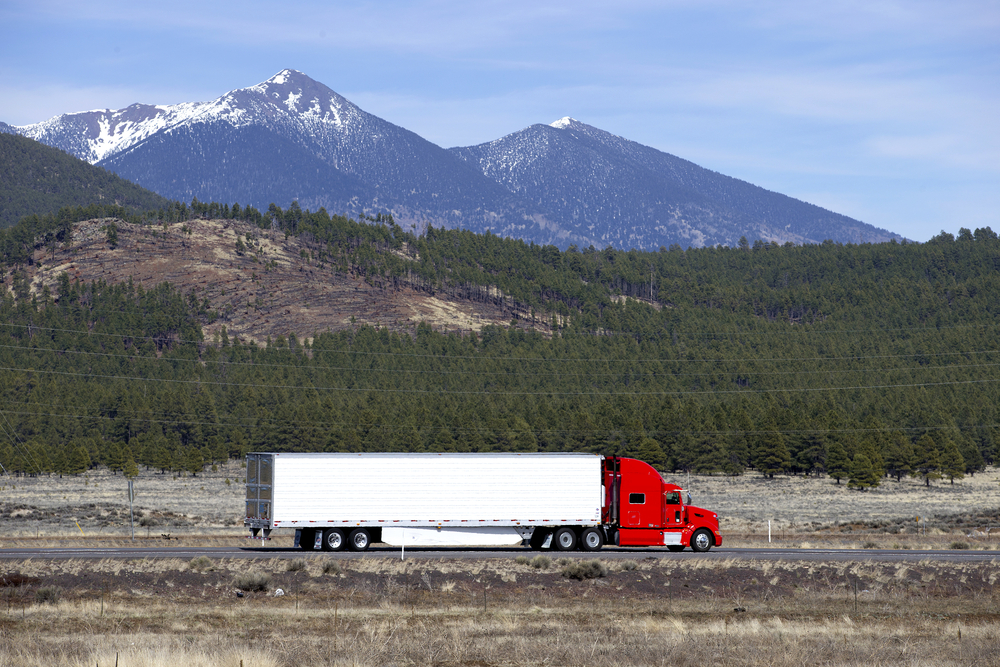
Every morning at 5 a.m., Kathy Fulton, the executive director of the American Logistics Aid Network (ALAN), starts her day by checking weather updates and fielding requests from nonprofits in need of logistics support. ALAN’s mission is to bridge the gap between nonprofit organizations and logistics providers willing to donate their services, ensuring that vital supplies reach those affected by natural disasters. This week, as Hurricane Milton wreaks havoc on Florida, the work has been even more demanding.
“There’s no such thing as a typical day for us right now,” Fulton said, as she reflected on the heightened challenges posed by Milton. When the hurricane was initially designated a Category 5 storm, she knew they were in for a difficult situation. ALAN had already been dealing with the aftermath of Hurricane Helene, which hit the Tampa Bay area just two weeks earlier, leaving widespread flooding and debris in its wake.
Coordinating Aid in the Wake of Destruction
Before Hurricane Milton, ALAN was already juggling 32 active disaster cases. These requests ranged from logistics support for recent hurricanes to wildfire recovery in New Mexico and Texas, as well as the war in Ukraine. With Milton now bearing down on Florida—particularly areas still recovering from Hurricane Helene—the nonprofit’s work has become even more urgent. Many households in Florida are still without power, and the need for solar panels, generators, medical equipment, and refrigerated trailers is growing.
ALAN serves as a critical link between nonprofits on the ground and private logistics providers who can help. The organization matches the needs of groups like Heart to Heart International, which provides medical supplies and portable clinics, with logistics companies willing to offer transportation and storage services. This unique position allows ALAN to act as a “middleman” in disaster relief, translating the logistical needs of nonprofits into terms that businesses can understand and support.
Addressing Challenges and Uncertainty
One of the biggest challenges ALAN faces during a hurricane is the uncertainty of knowing exactly what is needed until after it’s already required. To address this, ALAN works proactively, building partnerships with nonprofits and private sector companies to ensure that aid is deployed quickly and effectively. For instance, the organization collaborates with groups like GotLift.org, which focuses on transporting first responders and relief workers to disaster sites, and Trucks With Room to Spare, a community of truck drivers who donate their services to deliver aid.
The ongoing cleanup from Hurricane Helene has also complicated efforts. Massive piles of debris—fallen trees, furniture, appliances—still litter many parts of Florida, and there are concerns that Hurricane Milton’s winds and storm surge could turn this debris into dangerous projectiles. However, Fulton emphasizes that the most important thing is for people to evacuate to safety. “If they evacuate, the debris won’t kill them,” she said. “Property damage is inevitable, but lives can be saved.”
Navigating Misinformation and Communication Challenges
Another hurdle ALAN must navigate during hurricane season is the spread of misinformation. In response, the team works closely with government agencies to share accurate, up-to-date information and ensure that aid reaches those who need it most. Throughout the day, ALAN coordinates with various partners, holds conference calls, and updates its disaster microsite to provide real-time information on road closures, curfews, and transportation waivers.
Fulton also highlighted the importance of restoring businesses in affected areas. “Getting businesses back up and running helps meet the needs of the community and reduces the burden on FEMA and other government agencies,” she explained. ALAN not only addresses the immediate humanitarian needs but also focuses on helping businesses recover so that the local economy can stabilize and provide for the people it serves.
As Hurricane Milton continues to impact Florida, Fulton and her team remain committed to their mission, knowing that their work could make all the difference in how quickly communities can recover. “This isn’t just a logistics problem,” she said. “It’s a human issue, and we’re here to help in any way we can.”
Source:
https://www.freightwaves.com/news/disaster-response-a-day-in-the-life-of-alan-during-a-hurricane











Leave a Comment